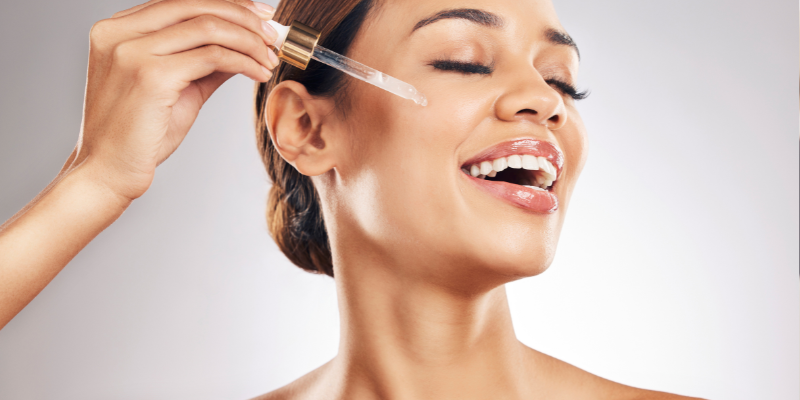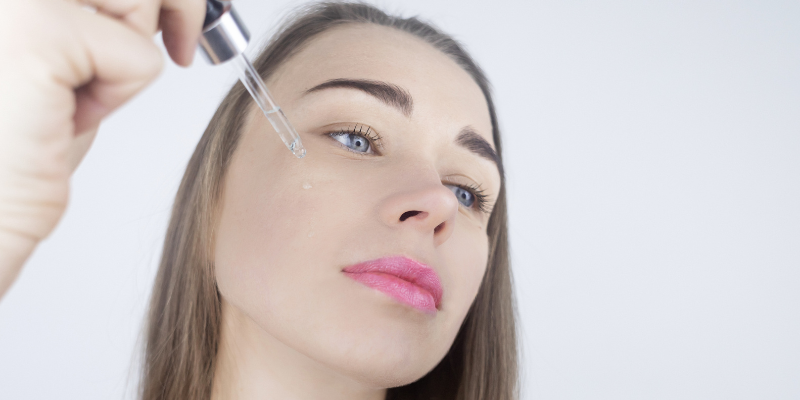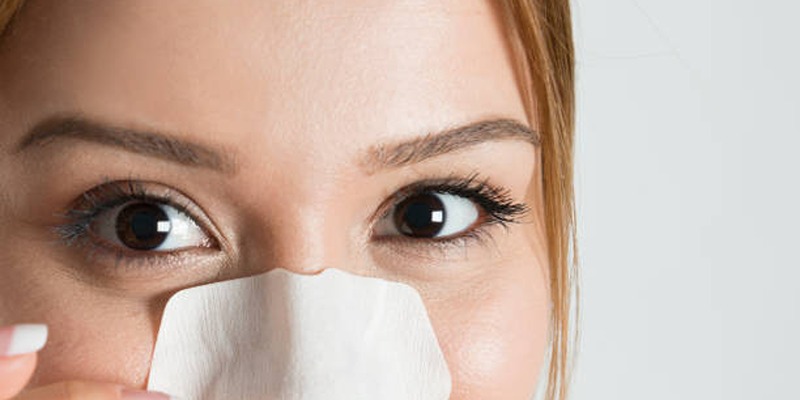Advertisement
A retinoid is a product of vitamin A. Their use in dermatology and skin care helps enhance the look and feel of skin. These harsh chemicals have a reputation for treating acne, ageing, and skin tone irregularities. More and more, retinoids are being used to improve skin care and make skin seem brighter as studies show their benefits. Read on to learn about the several kinds of retinoids, how they work on the skin, how they compare to retinol, and the benefits and drawbacks of using them.

Cellularly, retinoids repair and regenerate skin. Several methods exist:

Retinoids reduce lines, which is fantastic. Retinoids increase collagen to strengthen skin. Protects skin from sagging and wrinkles. They also accelerate cell turnover, helping the face shed old cells. Regular usage of retinoids may reduce wrinkles, crow's feet, and other symptoms of aging.
Acne is treated well with retinoids. They prevent acne-causing blockages by preventing hair shaft skin cell death. Retinoids minimize acne bump size by reducing inflammation. Controlling sebum reduces acne and oiliness. Retinoids are popular because they cure pimples in several ways.
Retinoids diminish dark patches and hyperpigmentation. They accelerate cell turnover, replacing unhealthy-colored cells with healthier ones. Because they prevent melanin production, retinoids lighten spots and discoloration. Their skin becomes lighter and less scarred, evening out its tone.
With retinoids, dead skin cells are removed, and new ones proliferate, improving skin. It makes skin smoother, softer, less dry, and rough for many. Elastin increases with retinoids, tightening skin. With these advantages, keratosis pilaris patients will seem more polished.
People with oily skin worry about enlarged pores. By removing dirt and grease, retinoids conceal pores. Clear pores seem smaller. Retinoids increase collagen synthesis, tightening hole skin. Skin appears younger and smoother.
For healthy skin, retinoids are crucial. Better shielding skin keeps it fresh and protected. Healthy skin is robust because it retains moisture and blocks allergens. Retinoids replenish skin moisture by stimulating natural moisturizers. Wet skin seems soft. These prevent and nourish skin from UV damage like sun spots.
Retinoids, including tretinoin, adapalene, and tazarotene, are prescription-only. They are more robust and effective for treating extreme acne and aging (prescription required).
Prescription-free retinoids include retinol and retinaldehyde. Though weaker than prescriptions, they may help moderate to severe skin disorders. Retinoids gels absorb and feel differently. Although mild oils may improve oily skin, creams moisturize longer. Select a recipe for your skin and tastes.
Combination goods: Some skin care products include retinoids, hyaluronic acid, and vitamins. These combinations provide retinoids and itching alleviation. Some firms offer retinoid creams. These oils moisturize and nourish the skin. Dry or sensitive skin may benefit most from oils.
Although they are vitamin A, many people use "retinoids" and "retinol" interchangeably. Over-the-counter and prescription retinoids are vitamin A medicines. More potent retinoids treat more skin issues.
Without a prescription, you may get Renol. Type-retinoid. Though less effective than prescription retinoids, it improves skin structure, tone, and aging. Before being used on the skin, retinol must be converted to retinoic acid. Compared to harsher prescription retinoids, this may prolong benefits.
When initially incorporated into a cosmetic regimen, retinoids may cause adverse effects. Frequently occurring effects:
Skin stays healthy and vibrant with retinoids. Because they speed up skin cell turnover, promote collagen formation, and smooth skin, they benefit patients with many skin issues. With the correct dose and instructions, side effects are usually manageable. Start taking retinoids slowly and see a doctor to ensure they suit your face. If used carefully and with precautions, retinoids may help your skin seem younger and better.
Advertisement

By Celia Shatzman/Mar 18, 2025

By Sean William/Jan 07, 2025

By Jennifer Redmond/Mar 01, 2025

By Korin Kashtan/Oct 26, 2024

By Elva Flynn/Apr 02, 2025

By Madison Evans/Nov 02, 2024

By Sid Leonard/Oct 22, 2024

By Verna Wesley/Oct 22, 2024

By Tessa Rodriguez/Mar 16, 2025

By Mason Garvey/Feb 19, 2025

By Madison Evans/Nov 18, 2024

By Isabella Moss/Oct 30, 2024